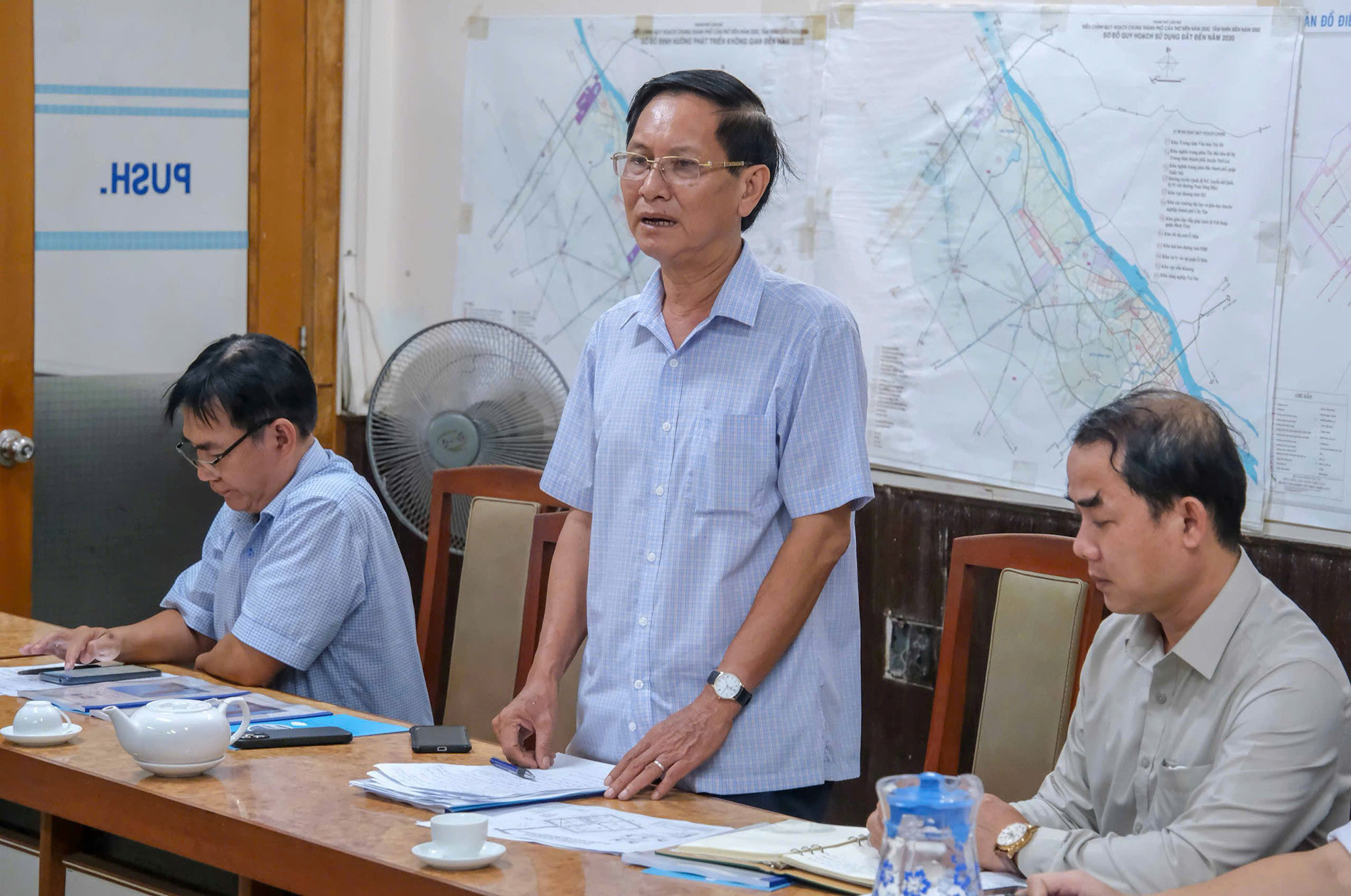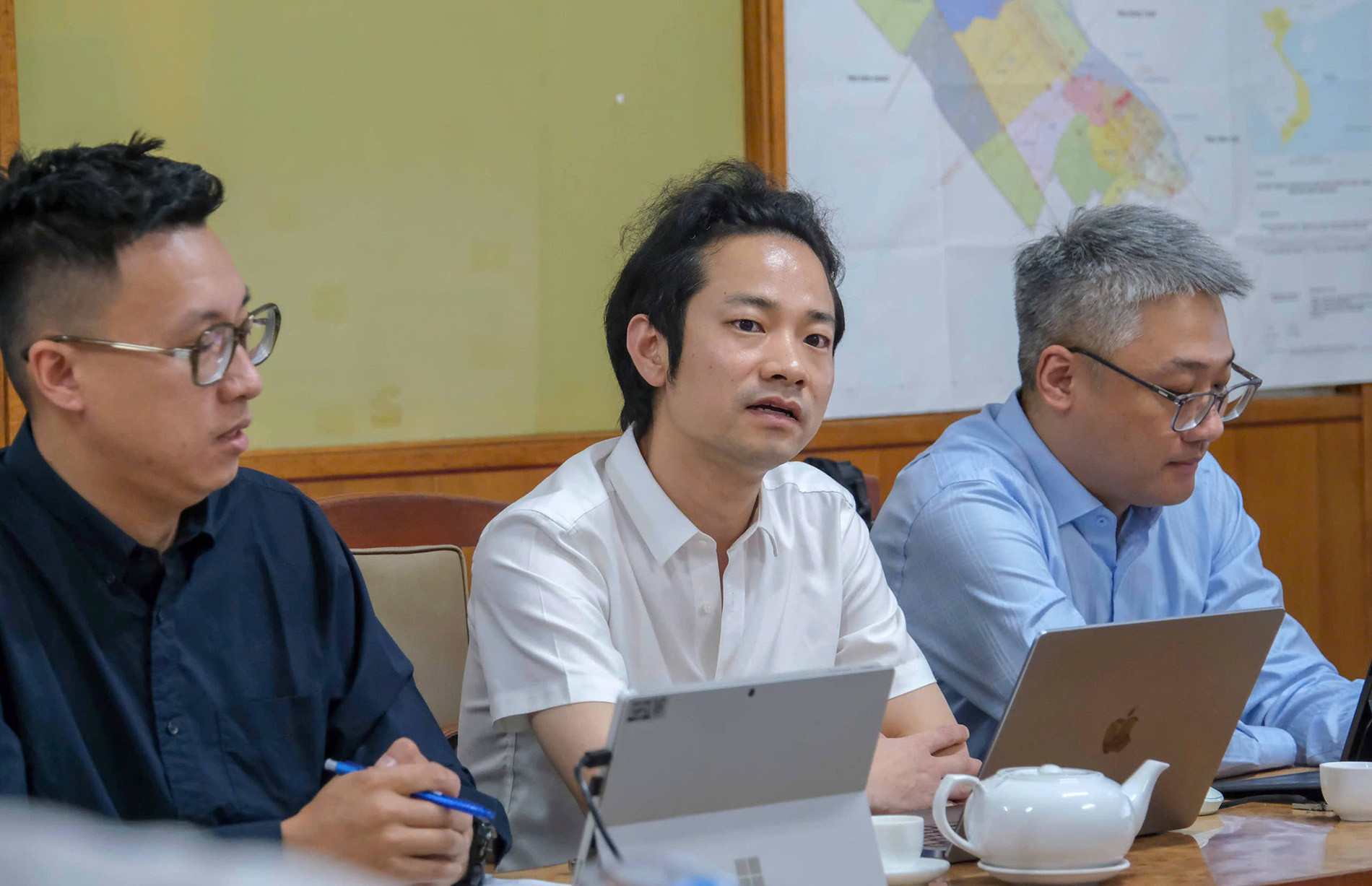On November 28, representatives from China Gezhouba Group Corporation (CGGC), a subsidiary of the China Energy Engineering Corporation (CEEC), met with Can Tho’s Department of Industry and Trade to propose collaboration on a waste-to-energy plant project.
The proposed facility aims to incinerate 400–600 tons of waste daily, generating 8–10 MW of electricity, equivalent to approximately 64 million kWh annually.

CGGC highlighted its extensive experience in Vietnam, having invested in projects such as the Hai Duong Thermal Power Plant (1,200 MW), wind energy projects in Ninh Thuan and Binh Thuan (70 MW), and the first phase of the Hai Phong Thermal Power Plant (600 MW).
According to Huynh Thanh Su, Deputy Director of the Department of Industry and Trade, Can Tho is actively inviting investments across sectors, including waste management.
The municipal government has prioritized a second waste treatment project in the Thoi Lai district's solid waste treatment area.
“The Department of Industry and Trade will coordinate with relevant authorities and recommend next steps to the Can Tho People’s Committee to provide project information to interested investors.
Currently, the project is in the proposal phase for bidding procedures, with planning, land, and other preparations underway,” Su stated.

Can Tho presently operates two solid waste treatment facilities:
EB Waste Treatment Plant: Managed by EB Environmental Energy Co. Ltd., this facility processes 400 tons of waste daily but is handling an average of 525 tons per day from five districts.
Dong Thang Incinerator: Located in Co Do district, this facility has a 100-ton daily capacity but processes 120 tons per day from four districts. It is scheduled to cease operations by the end of 2025 due to investment regulations.
The city generates approximately 648 tons of municipal waste daily, resulting in a surplus of 148 tons per day that exceeds the combined capacity of the two plants. Additionally, over 958,000 tons of accumulated waste remain in local landfills.
To address these challenges, the Department of Natural Resources and Environment has recommended initiating the second solid waste treatment project in Thoi Lai district.
The project aligns with the Prime Minister’s 2021–2030 Can Tho development plan and the city’s 2030 solid waste management strategy, which envisions a processing capacity of 750 tons per day by 2020, increasing to 1,000 tons per day by 2030.
While CGGC’s proposal offers potential solutions for Can Tho’s waste management needs, competition and regulatory processes may present hurdles.
Local authorities are carefully assessing the project’s feasibility to ensure compliance with environmental and planning regulations.
Hoai Thanh